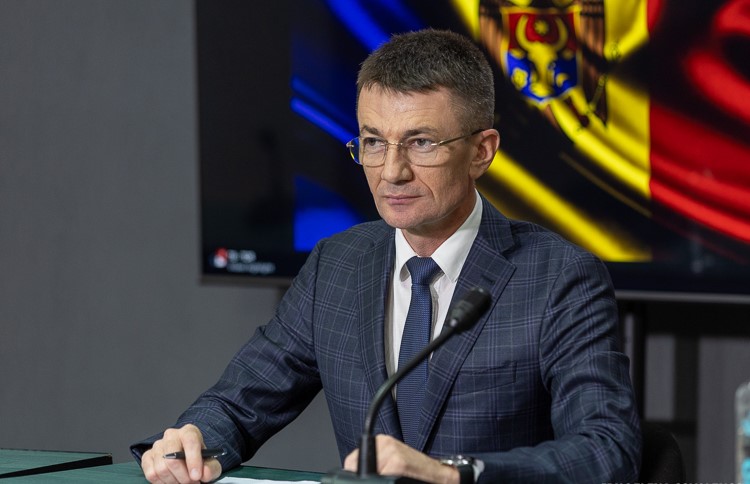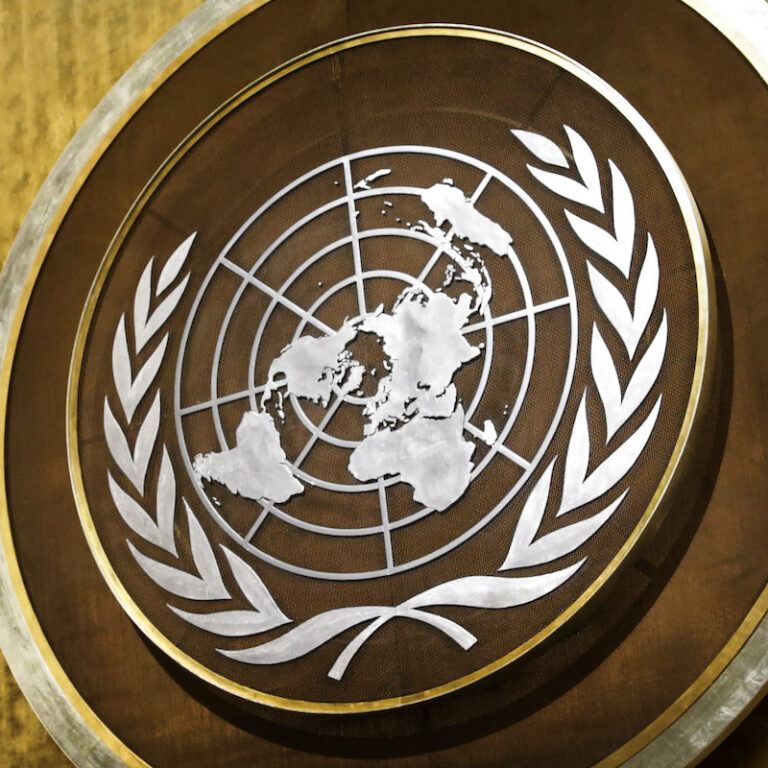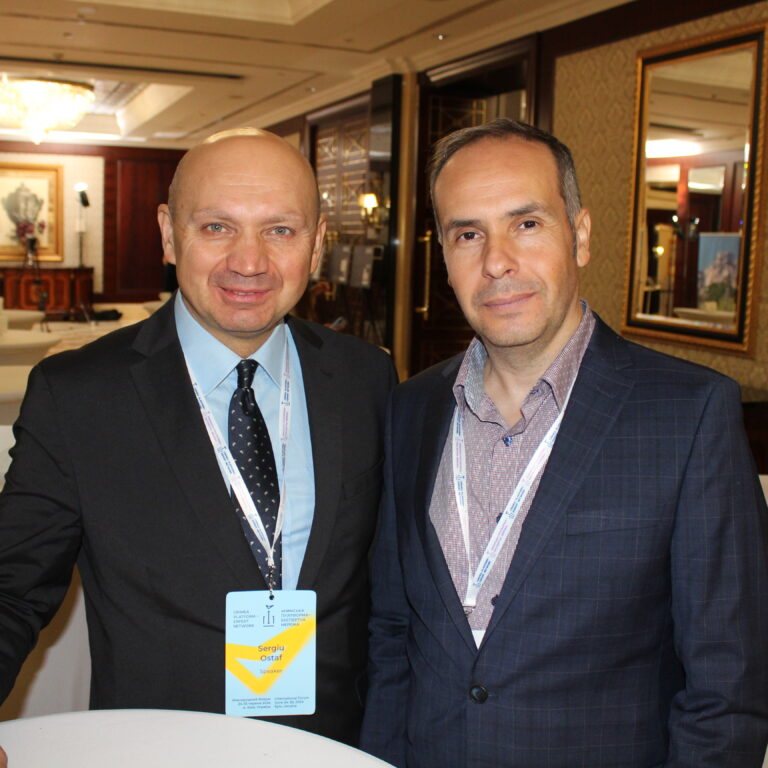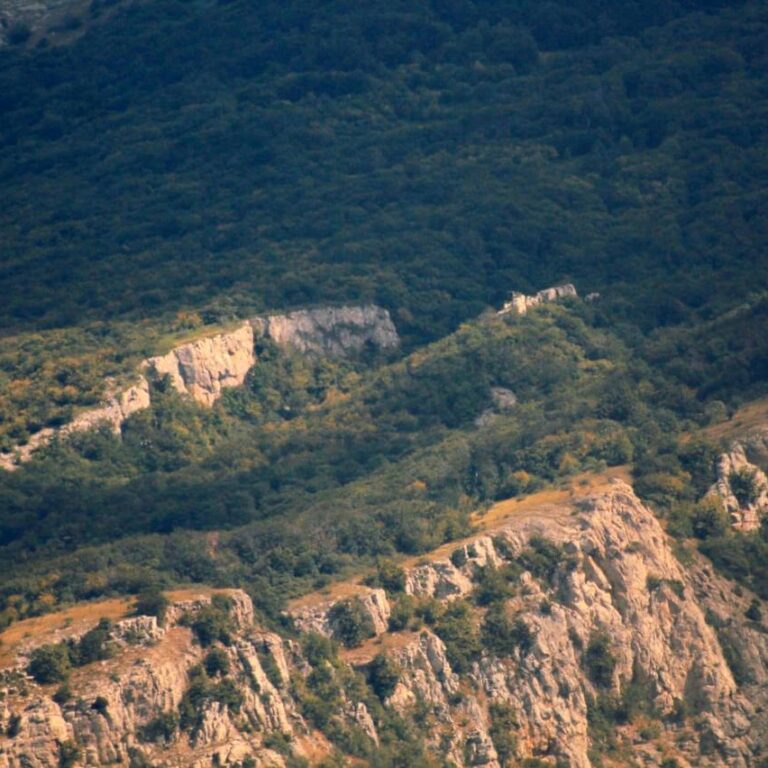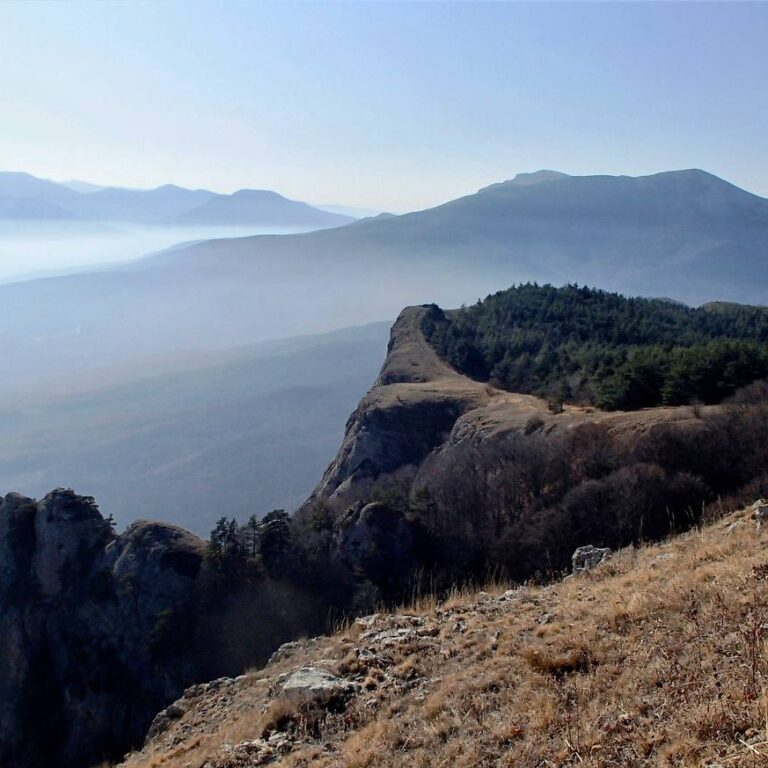On October 9, former deputy director of the Security and Intelligence Service of Moldova and security expert Alexandru Balan gave our Association a detailed commentary on the current challenges of Russian aggression.
Olena Stadnik asked questions about Kremlin provocations on both banks of the Dniester, including the “Crimean trace”, as well as about the prospects for joint Ukrainian-Moldovan work within the framework of the International Crimean Platform.
Olena Stadnik (O.S.) What are the main mechanisms of Russian influence in Moldova? Should we expect a direct or hybrid Russian armed provocation in Right-Bank Moldova, similar to the “Crimean Spring”?
Alexandru Balan (A.B.) In recent years, Russian provocations in Moldova have become a noticeable problem, especially against the backdrop of tense relations between Russia and the West. The main trends include the intensification of disinformation campaigns, political manipulation and economic pressure.
Naturally, Russia uses hybrid methods to influence Moldova’s domestic politics and undermine its aspirations for European integration.
The main subversive actions of the Russians in Moldova are manifested primarily through disinformation – this is the support of pro-Russian sentiments and the creation of mistrust in the Moldovan government, as well as partners, especially the EU and NATO.
The Russian Federation also actively finances and provides political support to pro-Russian parties and organizations that seek rapprochement with Russia and resist integration with the West.
One of the major risks, of course, remains the illegal presence of the operational group of Russian troops (OGRV) in Transnistria, as part of the so-called “peacekeeping” mission. This allows Moscow to maintain control in the region.
At this stage, the likelihood of direct military aggression in the right-bank part of Moldova remains low. Russia does not have sufficient capabilities to conduct an operation, given its current aggression in Ukraine. On October 20, Moldova will hold presidential elections, and now is the hottest period of the election race. What we notice is that Russia is trying to advance its interests through local pro-Russian parties and activists, not even shying away from direct interference.
As an example, I will cite the recent case of direct financing of 130,000 Moldovan citizens from Russian banks to support a pro-Russian candidate on behalf of the fugitive politician Ilan Shor.
O.S. The Moldovan authorities recently banned the broadcasting of Russian “Crimean” propaganda. Will this situation develop further? I would also like to know your opinion on the detention of Dmitry Chistilin in Moldova.
A.B. Recent events show that the Moldovan authorities are taking decisive steps to limit Russian influence in the country. We recently banned the broadcasting of another group of Russian propaganda channels, which will naturally reduce the spread of pro-Kremlin narratives.
This step is part of a broader strategy by the current Moldovan authorities to combat disinformation, especially against the backdrop of geopolitical tensions in the region.
As for Dmitry Chistilin, a well-known Kremlin propagandist, he was expelled from Moldova to Ukraine due to his active support for Russian interests in Europe, including interference in the electoral processes in Moldova and the dissemination of narratives aimed at undermining support for Ukraine.
From my personal point of view, the Moldovan special services were a bit hasty with his deportation – they should have first documented his activities more thoroughly and identified his entire network of agents both in Moldova and in Ukraine, or in other countries. Since he is currently in Ukraine, I hope that the Security Service of Ukraine will now resolve this issue.
O.S. The Moldovan authorities are active within the International Crimean Platform, but there are few Moldovan experts in its network. How can the situation be changed? What are the main prospects for Ukrainian-Moldovan work in the field of de-occupation and reintegration?
A.B. Moldova does participate in the International Crimean Platform, a Ukrainian initiative aimed at uniting international efforts to de-occupy Crimea. However, at present, there are only a limited number of Moldovan experts in this network.
To change this situation, I believe it would be appropriate to develop cooperation between Moldovan and Ukrainian non-governmental organizations focused on studying the occupation of Crimea and its consequences. This would help to strengthen Moldova’s contribution to international efforts.
It is also important for Moldovan media to be present in covering events related to Crimea. This would strengthen public awareness and contribute to the formation of a more active position on de-occupation issues.
Moldova and Ukraine can also work on joint economic initiatives that would help strengthen bilateral ties and support regions affected by the occupation.
Ukraine, I think, can share with Moldova its experience in the area of legal measures against occupation, as well as in matters of sanctions and restrictions. Joint efforts to attract international attention to these problems will strengthen the positions of both states in the international arena.
O.S. Is the aggressor trying to use Moldova to circumvent sanctions, including their “Crimean” packages, including the port of Giurgiulesti?
A.B. The port of Giurgiulesti, being an important trade hub, provides strategic opportunities for Russian provocations in the region. Not long ago, Moldova began to actively combat these risks, but there are still challenges that require attention.
Moldovan intelligence services should play a key role in preventing such risks. It is especially important that the country’s economic security receives priority attention in the work of law enforcement and intelligence agencies.
Unfortunately, current cases reveal omissions in this area. For example, in 2024, several companies registered in Moldova were involved in scandals related to the supply of Russian oil in circumvention of international sanctions.
These companies violated the sanctions regime, and their activities required the intervention of the Moldovan authorities to prevent the country from being further used as a route for evading sanctions.
In this context, it is important for Moldovan intelligence services not only to document violations more actively, but also to establish effective cooperation with international partners to identify and block such operations.
In addition, negotiations are underway to sell the port of Giurgiulesti to a Romanian company. If the deal is completed, this will significantly change the current situation, as the port will be managed by a company from an EU member state.
This could strengthen control over the activities at the port and ensure that the sanctions regime is implemented within a stricter framework, which will serve the interests of both Moldova and the EU.
O.S. One of the forms of the Russian hybrid war against democracies and international law and order is global warming, which is supposedly beneficial to Russia.
Are there any threats to Moldova as a country with a powerful agricultural industry and arid climate in this situation? What should be done here?
A.B. Naturally, global warming poses a serious threat to any country with a vulnerable agricultural economy and arid climate, such as Moldova. Against the backdrop of climate change, Russia, as one of the countries that has not suffered much from warming, is actively promoting its interests, believing that climate change can be “beneficial” for it to expand its influence in world trade, including the agricultural sector.
This is positioned as part of Russia’s hybrid war against democracies and international law and order, since the negative consequences of climate change can weaken food security and economic stability in other countries, especially in regions dependent on agriculture.
In a warming and increasingly arid climate, Moldova will face challenges related to drought and reduced water resources. This could lead to a significant reduction in the yield of major agricultural crops, which will impact the country’s economy and food security.
To reduce risks, it is very important for Moldova to invest in sustainable agricultural technologies, such as drip irrigation systems, drought-resistant crop varieties and agricultural methods that reduce water consumption.
Our country should, together with Ukraine and Romania, modernize water supply infrastructure, including the creation of reservoirs and water storage tanks. This will allow for the efficient use of water resources, especially during dry periods.
